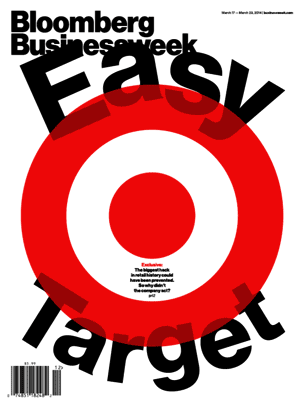#ALERT Maryland State
Police is warning the public regarding several recently reported phone scams.
As a reminder, never give your personal information out over the phone. https://www.facebook.com/MarylandStatePolice/photos/a.155263044494316/2224530824234184/?type=3&theater
For more up to date information about crime and crime
prevention fo here on Facebook: https://www.facebook.com/MarylandStatePolice/
(PIKESVILLE, Md.) —
Maryland State Police are warning the public about a reported telephone scam in
which the caller cloned a state police number and requested personal
information from people as part of a criminal investigation.
A woman called the
Maryland State Police on Thursday morning and reported she had received a call
in which the caller ID on her phone showed “Maryland State Government” and the
number 301-475-8955, which is the number for the Maryland State Police
Leonardtown Barrack. When she answered the call, the person on the other end
told her she was a suspect in a drug trafficking investigation and that she
needed to provide them her Social Security number and other identifying
personal information.
This is just one of
several phone scams recently reported to Maryland State Police. The Salisbury
Barrack reported that some of the scams reported include victims receiving
telephone calls where they are threatened with arrest or the continued
detention of family members if they do not provide money, account numbers or
purchase a re-loadable gift or credit cards.
Another telephone scam
includes the victim being called by a representative of the Internal Revenue
Service and threatened in the same fashion. The Salisbury Barrack reported that
other victims have had their computers infected with a computer virus and were
prompted to take immediate action in order to salvage the computer, which
included purchasing up to $2,000 in gift cards to pay the company to correct
the issue.
This came after the
Maryland State Police Cumberland Barrack was recently inundated with numerous
telephone calls regarding a scam in which a man or woman claiming to be from
the Social Security Administration requested information and threatened to have
the police respond to their address to arrest them.
These scammers are
using scare tactics and sophisticated technology to attempt to take advantage
of the public. If you are a senior citizen, or have a family member that is a
senior citizen, please be aware and ensure they are aware of these scams so
they do not fall victim to them.
The Maryland State
Police, along with government agencies like the Social Security Administration
or the Internal Revenue Service, would never solicit such information or
services over the phone from any citizen. Never give any personal information
over the phone, and only allow a qualified reputable computer technician the
ability to repair your computer should it become infected with a virus. Many of
these telephone scams are disguising themselves by utilizing local telephone
number prefixes.
Anyone who receives
such a phone call should hang up and then contact their local state police
barrack. Callers may remain anonymous.
###
*****
Kevin Dayhoff Soundtrack: http://kevindayhoff.blogspot.com/ = http://www.kevindayhoff.net/ Kevin Dayhoff Art: http://kevindayhoffart.blogspot.com/ or http://kevindayhoffart.com/ = http://www.kevindayhoff.com/ Kevin Dayhoff Westminster: http://kevindayhoffwestgov-net.blogspot.com/ or http://www.westgov.net/ = www.kevindayhoff.org Twitter: https://twitter.com/kevindayhoff Twitpic: http://twitpic.com/photos/kevindayhoff Kevin Dayhoff's The New Bedford Herald: http://kbetrue.livejournal.com/ = www.newbedfordherald.net Explore Carroll: www.explorecarroll.com The Tentacle: www.thetentacle.com










